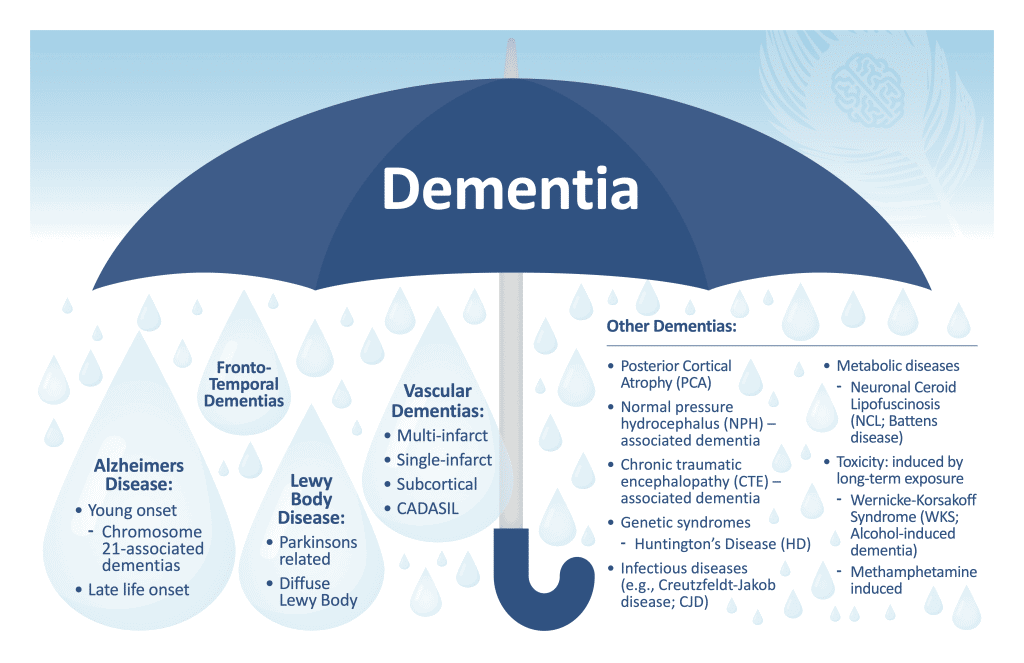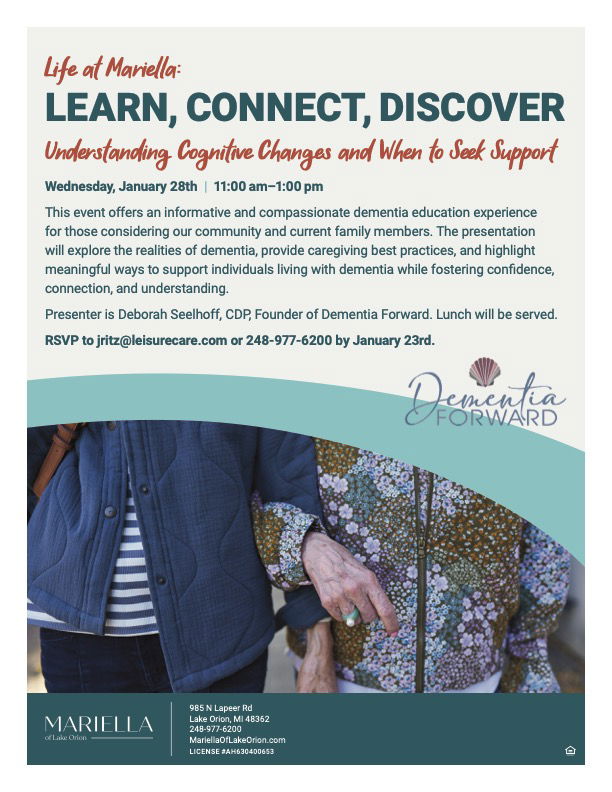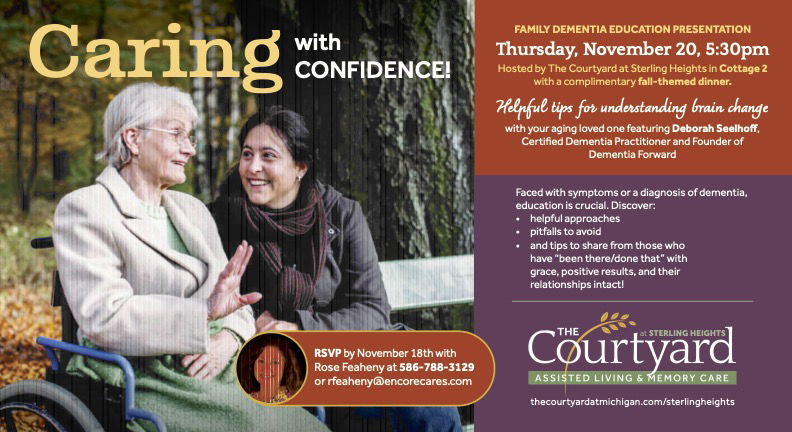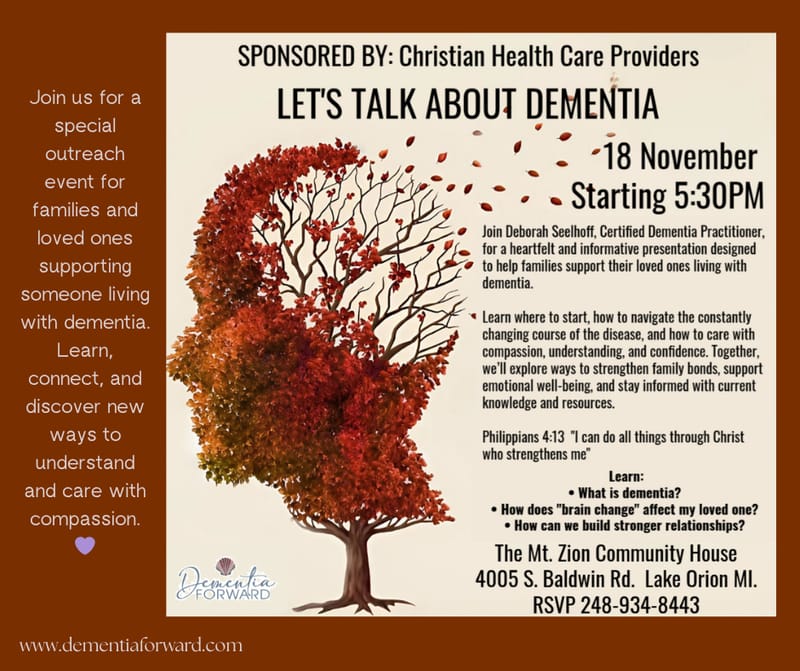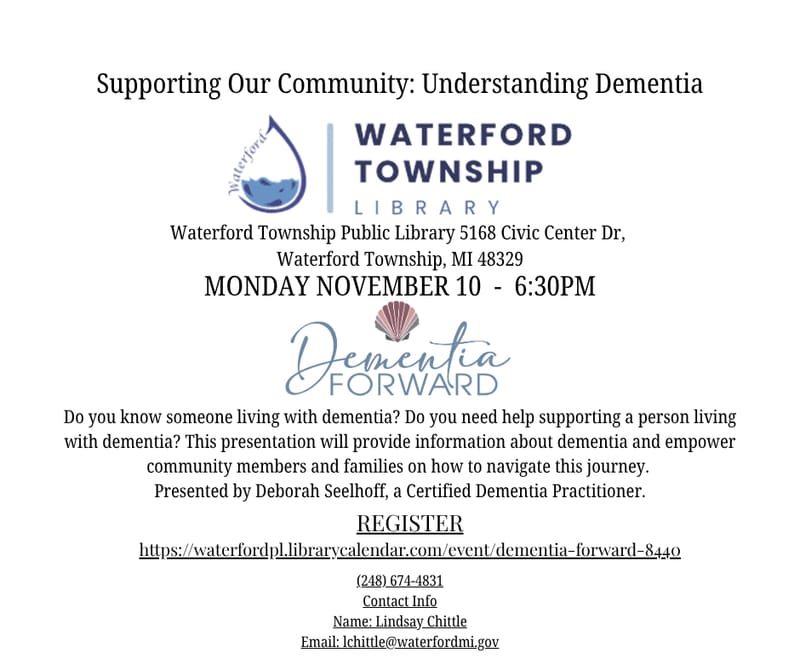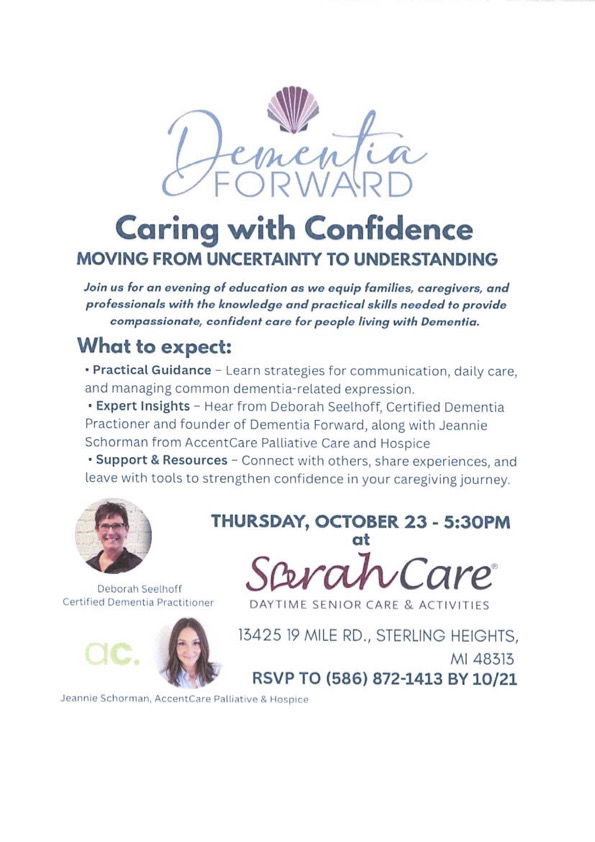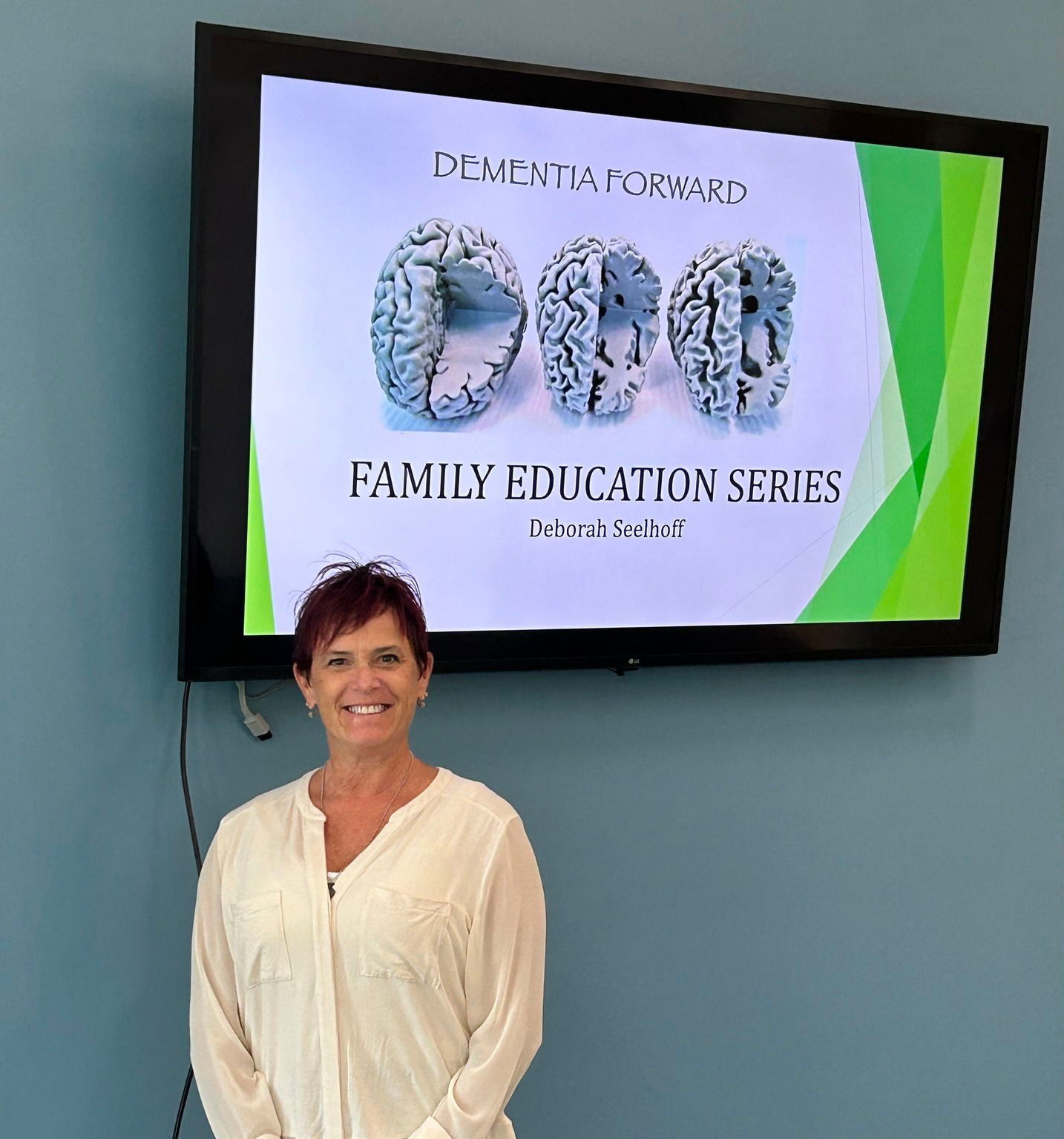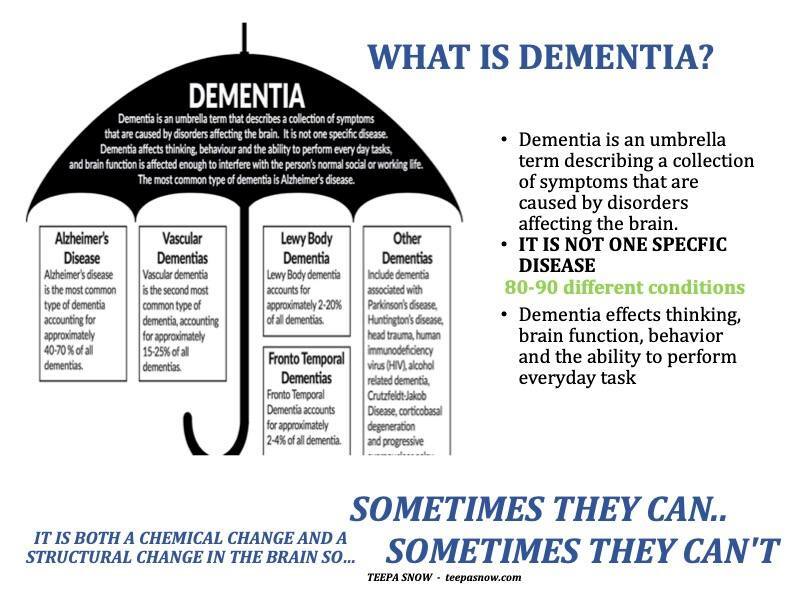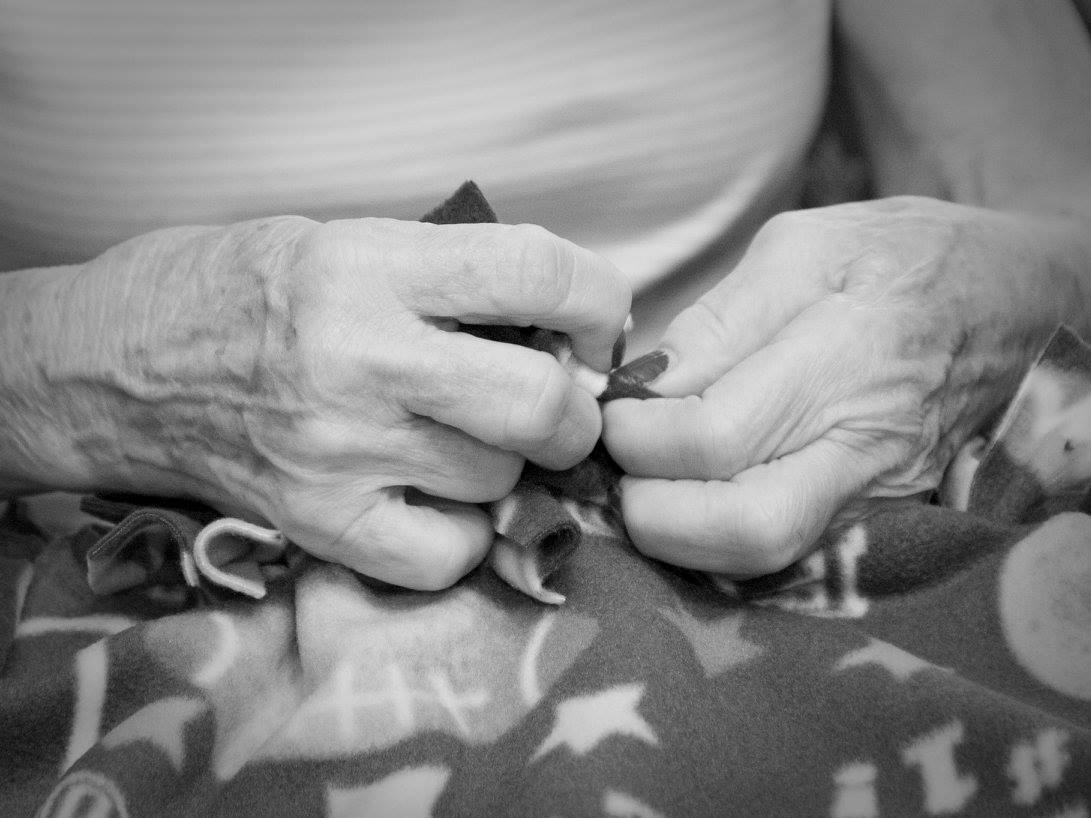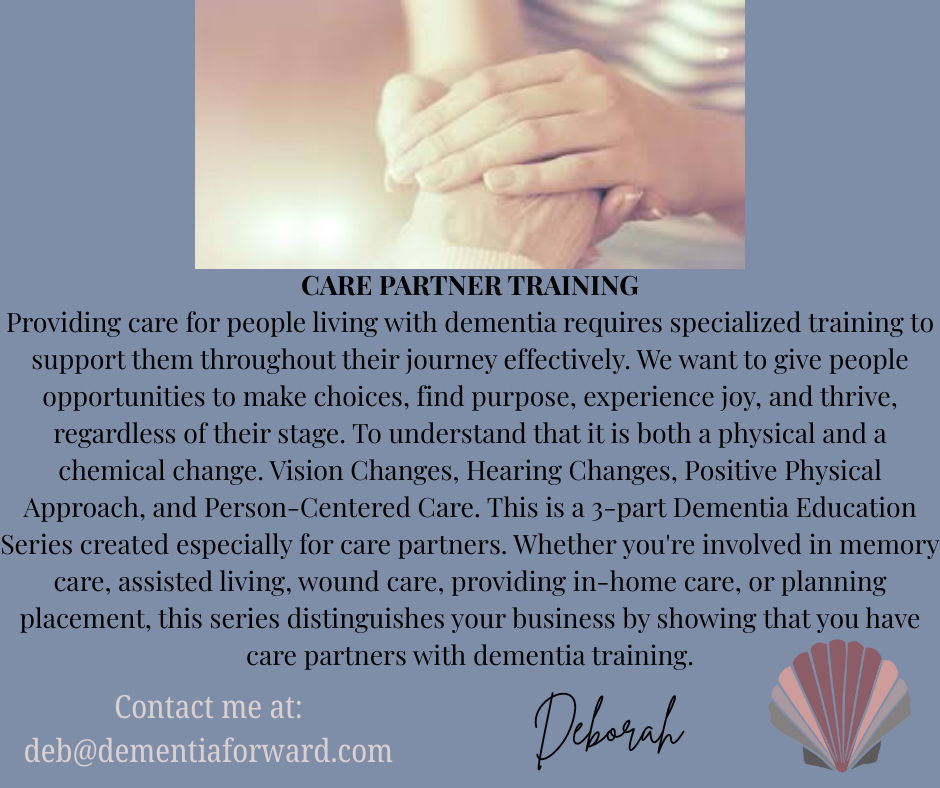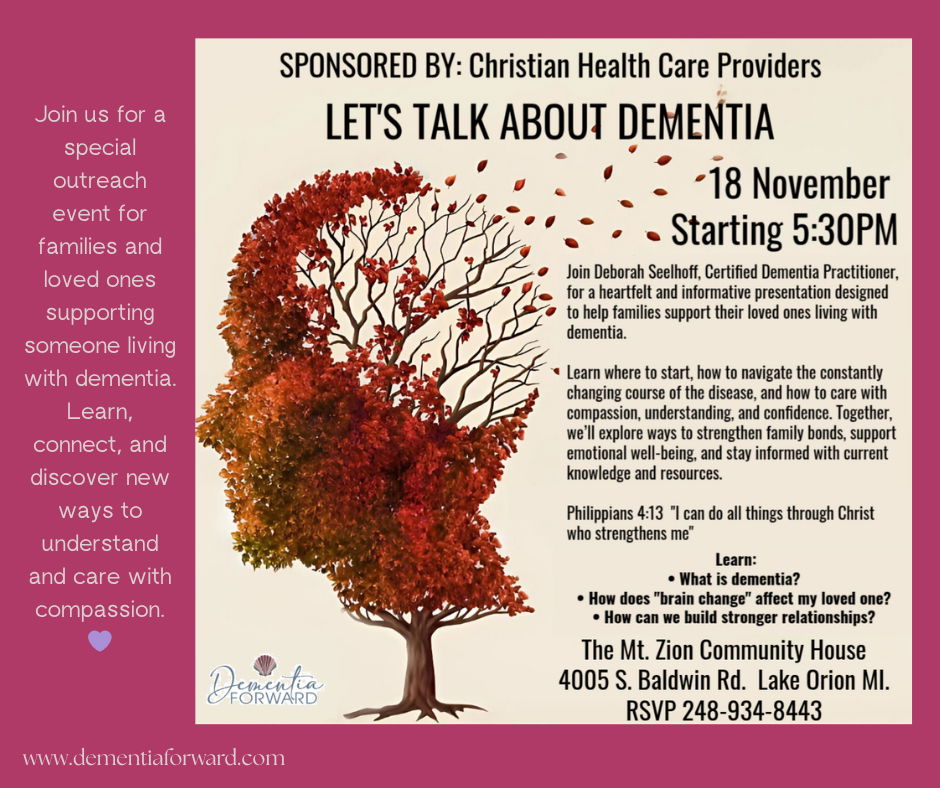In 2018 I spent 6 weeks walking the Camino de Santiago (500 miles) and it was a life changing experience. This journey fostered emotional connections with people from all over the world, a therapeutic journey living in the moment, and so much more.
The Camino is a network of pilgrimages leading to the shrine of the apostle Saint James in the cathedral of Santiago de Compostela in Galicia in northwestern Spain. For centuries, it has drawn millions of pilgrims, each walking for their own reasons—spiritual, physical, or emotional healing. The purpose of my journey was not just the physical challenge but an opportunity to mend my broken heart, feel emotionally free and share this experience with my love. To be out of my comfort zone, feel free in nature, and be open to whatever gifts the day would present.
The gentle crunch of gravel underfoot seemed louder than usual in the peaceful silence of the early morning. Each morning as I began my walk on a segment of the Camino it was as if seeing the world with new eyes. The natural beauty of the route, with its rolling hills and the endless sky. Passing other pilgrims saying "Buen Camino", a Spanish phrase that means "good path" or "good road". Seeing friends that became my Camino Family, finding the perfect cup of espresso in a small café in the woods, stopping to admire the beauty of a 12th Century bridge or a 13th Century Church, someone selling fresh fruit alongside the road, stopping to pet a wild horse in the mist of the Pyrenees, and sitting quietly beneath sprawling trees on a sunny Sunday hearing church bells from the next city. It wasn't just the physical act of walking every day, but that I was weaving my steps along the paths trodden by so many others before me.
But the Camino presented unique challenges. There were moments of frustration, confusion, and fatigue—sore blistered feet, aches and pain, exhaustion, or finding yourself at the end of the day with nowhere to stay. There were steep climbs and dangerous ascents, gravel, mud, and rain. But it somehow worked itself out either by sheer courage or the help of a fellow pilgrim. However solved, it felt like a great accomplishment and I was proud to of had that opportunity. It empowered me.
Along the path, I marveled at the architectural splendors of ancient churches and the serene beauty of the Spanish countryside. Appreciating little things that I otherwise may over look: a beautiful large tree in the morning mist, a field of yellow canna shining in the Rioja afternoon sun, or a smooth running river under the bridge in Puente la Renia.
Reaching the cathedral of Santiago de Compostela was an emotional climax. Standing before the imposing façade, amongst a crowd of other pilgrims, you feel a profound connection not only to your Camino-self but to the thousands of souls who had traversed the same path, each carrying their own burdens and hopes. In this sacred space, it wasn’t about ending a journey but celebrating the experience and always moving forward.
The lessons learned on the Camino went beyond what I had hoped. It reinforced the power of love and patience, the ability to face situations that took me out of my comfort zone and the importance of making every moment count.
This transfers into my passion for People Living with Dementia. Understanding that every situation creates a different challenge and opportunity. It us up to us how we take on that challenge and use that opportunity going forward.
So let’s embrace our connections, live in the moment, be open and face those situations that take us out of our comfort zone. Putting a priority to be open, educate ourselves and continue to share experiences with our loved ones. No matter where our person is in their journey we can walk WITH them, LOVE each moment with them, and keep moving FORWARD.
